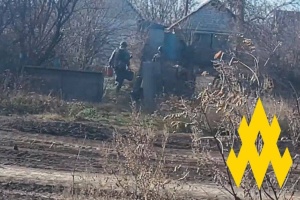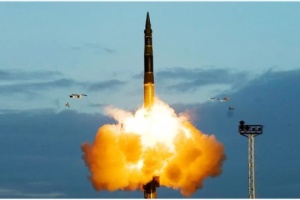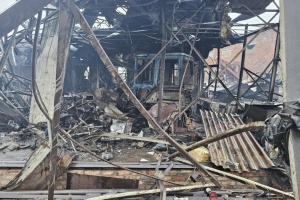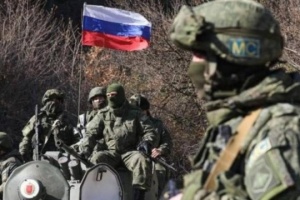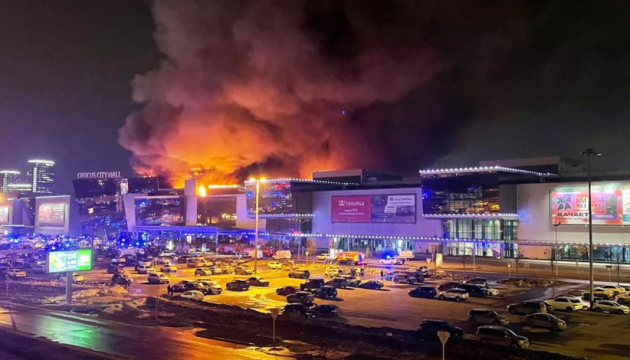
Explaining complex things in simple words: Russian and international terrorism, Ukraine-Russia war, proactive deterrence of aggressor
RUSSIA AND INTERNATIONAL TERRORISM
The organization Islamic State-Khorasan claimed responsibility for the terrorist attack in Krasnogorsk on March 22.
▪ Ukraine condemns international terrorism in all its manifestations. Moscow's statements about the “Ukrainian trace” in the terrorist attack in Krasnogorsk are unfounded and deliberately false.
▪ By accusing Ukraine of terrorism, Russia is trying to hide its own terrorist nature and distract the world from its daily terror against peaceful Ukrainians.
▪ Russians flaunt the torture of terror suspects: they spread footage where they cut off a person's ear and torture them with electric shocks. Russian atrocities are no different from terrorist atrocities.
▪ The Putin regime is in conflict with some terrorists and at the same time supports others, in particular, the Taliban. Russia demonstratively invited a HAMAS delegation shortly after footage of the massacre at the NOVA Festival and nearby kibbutzim was published in October 2023.
▪ There is no reason for the democratic world to hope for reconciliation with Russia on the basis of a joint fight against international terrorism. The Kremlin does not seek to cooperate with the West, but to split it.
WAR BETWEEN RUSSIA AND UKRAINE
Putin's spokesman Peskov said that the conflict began as a “special military operation,” but after the intervention of the West on the side of Ukraine, it turned into a war.
▪ For Ukraine, Russian aggression was a war from the very beginning, in 2014. Juggling the concepts of “war,” “conflict,” “special military operation,” etc. does not change its nature.
▪ The Kremlin seeks to accuse the West of turning the so-called “special military operation” into a war. However, the entire responsibility for the scale of the confrontation lies solely with Russia.
▪ By promoting the deceptive term “special military operation,” Russia tried to set a convenient framework for aggression, in particular, to determine where the theatre of military operations will be. But Ukraine refused to adapt to the “rules of the game” of the aggressor.
▪ The change in the Kremlin's rhetoric is due to the fact that the “Putin elections” have already passed. Now, the punishment approach can be used in relation to the “electorate,” instead of the reward.
▪ Under the slogans of “a war, not a special military operation,” Russians are in for new waves of mobilization, new restrictions on rights and freedoms, new repressions, and deterioration of material well-being.
PROACTIVE DETERRENCE OF THE AGGRESSOR
On March 24, a Russian cruise missile that attacked Ukraine violated Polish airspace for 39 seconds. However, Poland refrained from the decision to destroy this missile with aircraft that patrolled the border.
▪ Russia's violation of Poland's airspace is not an accident, but a deliberate provocation. Russia is testing the ability of Warsaw and NATO to defend themselves from aggression.
▪ This is not the first time that the border areas of NATO members Poland and Romania have suffered as a result of Russian aggression against Ukraine. As a result of the missile attack of Russia on Ukraine on November 15, 2022, people died in the Polish village of Przewodów.
▪ Polish experts justified the decision not to shoot down the Russian missile on March 24 with some technical considerations. Unfortunately, the military and political consequences of this decision seem more telling.
▪ Poland's hesitancy to destroy the missile that was returning to Ukraine's airspace made an unfortunate impression on Ukrainians. Instead, Moscow has received evidence of NATO's hesitancy, so such provocations will continue.
▪ The Kremlin understands only the language of force. Deterring Russian aggression must be proactive. Weakness is an invitation to aggression.
Center for Strategic Communication and Information Security

